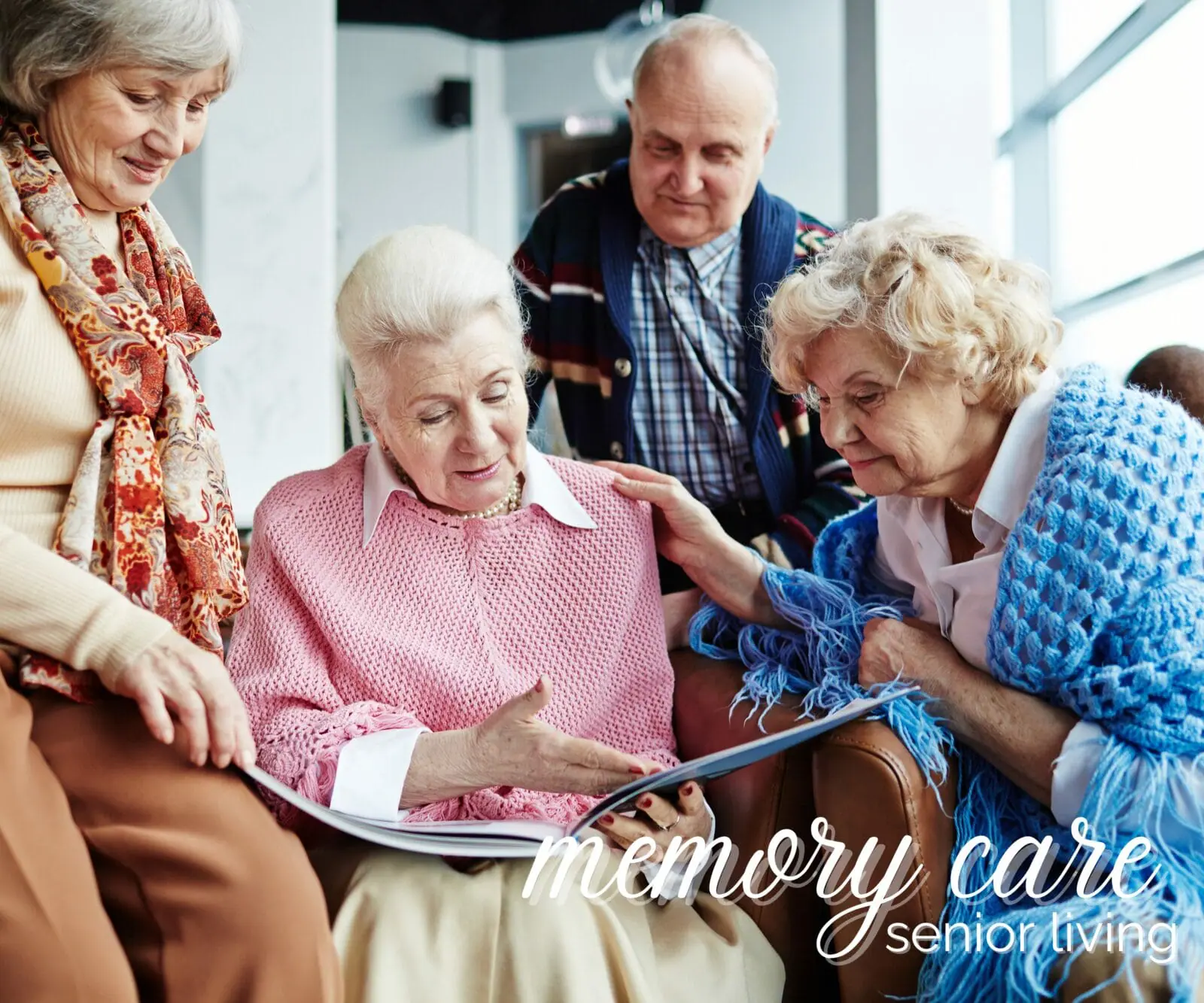Dedicated Professionals Providing Alzheimers Care Charlotte for Loved Ones
Dedicated Professionals Providing Alzheimers Care Charlotte for Loved Ones
Blog Article
Creating a Safe and Helpful Environment for Alzheimer's Treatment
The development of a helpful and safe setting for individuals with Alzheimer's is critical in enhancing their top quality of life. This involves not just physical adaptations within the home, such as minimizing hazards and integrating familiar components, however also the execution of structured regimens and meaningful tasks that accommodate their cognitive demands. Furthermore, understanding the emotional and psychological dimensions of care can dramatically affect their complacency and connection. Exploring these diverse approaches can expose essential insights into reliable caregiving techniques that might change the daily experiences of both caregivers and individuals.
Understanding Alzheimer's Needs
Regularly, individuals with Alzheimer's illness exhibit a range of needs that need tailored methods to care. As the condition progresses, cognitive decline materializes in different methods, affecting memory, reasoning, and even the capacity to perform everyday tasks. Caretakers need to acknowledge these progressing needs to give appropriate support and make certain a greater high quality of life for those impacted.
One vital element of understanding Alzheimer's needs is identifying the value of routine and familiarity. People typically find convenience in well established patterns, which can decrease anxiety and complication. Caregivers should make every effort to produce structured everyday routines that include significant activities straightened with the person's rate of interests and abilities.
Additionally, reliable communication is critical. People with Alzheimer's might struggle to share themselves or comprehend complicated language. Caretakers ought to use basic, clear language, use non-verbal hints, and practice active paying attention to foster understanding and link.
Caretakers need to encourage interaction in area tasks or family gatherings, promoting a feeling of belonging and objective. Recognizing these diverse requirements is vital for developing a supportive care environment.
Designing a Safe Home
Producing a secure home for individuals with Alzheimer's illness is necessary to advertising and lessening dangers self-reliance. The design of the living space should focus on safety and security while permitting personal comfort. Remove possible dangers such as loose carpets, sharp things, and clutter, which can lead to drops or crashes. Guarantee that pathways are well-lit and clear, as appropriate illumination lowers disorientation and improves mobility.
Including adaptive functions is also vital. Mount grab bars in washrooms and near stairways, and take into consideration utilizing non-slip floor coverings in wet locations. Additionally, using different colors for wall surfaces and floors can aid in differentiating rooms, helping to minimize confusion.
Experience is vital for individuals with Alzheimer's. Customizing the setting with familiar items and pictures can enhance a sense of belonging and protection - Alzheimers Care Charlotte. It is also helpful to have actually a designated area for everyday tasks, such as reading or crafting, which can give structure to their day
Finally, applying a secure exterior space enables secure expedition while connecting with nature. By thoughtfully creating the home setting, caretakers can considerably improve the top quality of life for people coping with Alzheimer's condition.
Enhancing Communication Skills

Non-verbal communication, consisting of faces, gestures, and touch, plays an important role in sharing compassion and understanding. Preserving eye contact and a tranquil attitude can improve the comfort degree of the individual, advertising a sense of safety.
Moreover, it is very important to practice energetic listening. This involves being totally present, showing persistence, and allowing the individual to express themselves without disturbance. Repeating may be needed; caregivers need to be prepared to review questions or subjects, as individuals with Alzheimer's might fight with memory recall.
Furthermore, using aesthetic aids or hints, such as pictures or familiar things, can assist in recognition and involvement. Ultimately, improving communication skills is concerning building trust fund and developing an atmosphere where people feel listened to, valued, and recognized, thus enriching their lifestyle.
Urging Social Communication
Fostering significant social communications can considerably boost the wellness of people with Alzheimer's condition. Engaging with others not only assists fight feelings of isolation however additionally stimulates cognitive function and emotional wellness. Structured social tasks, such as team arts, video games and crafts, or music therapy, produce possibilities for residents to connect with peers and caregivers, which can cause boosted state of mind and reduced anxiety.
Producing a welcoming setting that encourages socialization is crucial. This can be achieved by arranging common areas that assist in communication, such as cozy seating areas or activity rooms. Additionally, integrating culturally appropriate and familiar activities can urge and trigger memories engagement, permitting people with Alzheimer's to feel more connected to their past experiences.
Moreover, caregivers should be useful content trained to identify and advertise social involvement amongst homeowners. Straightforward gestures, such as initiating conversation or helping with little seminar, can aid individuals feel valued and consisted of. On a regular basis set up gatherings need to be consistent yet versatile, accommodating varying levels of ability and interest. By focusing on social interaction, we can considerably improve the lives of those coping with Alzheimer's, fostering a sense of community and belonging.
Sustaining Caregiver Well-being

To support caregivers, companies need to offer regular training and academic sources to boost their understanding of Alzheimer's condition and caregiving techniques. Offering access to break treatment solutions permits caretakers to take necessary breaks, reducing stress and fatigue - Alzheimers Care Charlotte. Furthermore, promoting a neighborhood with assistance teams can promote psychological sharing and the exchange of sensible suggestions amongst caretakers, developing a network of common assistance
Psychological wellness sources, such as therapy services, can likewise be important in attending to the psychological toll caregiving can he has a good point take. By prioritizing caregiver well-being, we create a more lasting caregiving setting that not just profits the caregivers themselves but also enhances the overall top quality of treatment gotten by people with Alzheimer's. Eventually, sustaining caregivers is a vital element in promoting a effective and compassionate care setup.
Verdict
To conclude, the creation of a safe and encouraging atmosphere for individuals with Alzheimer's is vital to enhancing their why not find out more lifestyle. By focusing on safety via thoughtful design, cultivating emotional well-being with acquainted aspects, and advertising interaction via structured routines, caretakers can dramatically affect the overall experience of those influenced by this condition. Moreover, sustaining caregiver health is vital, as it ultimately adds to a much more reliable and thoughtful treatment environment.
Repetition might be essential; caregivers ought to be prepared to take another look at concerns or subjects, as people with Alzheimer's might have a hard time with memory recall.

Report this page